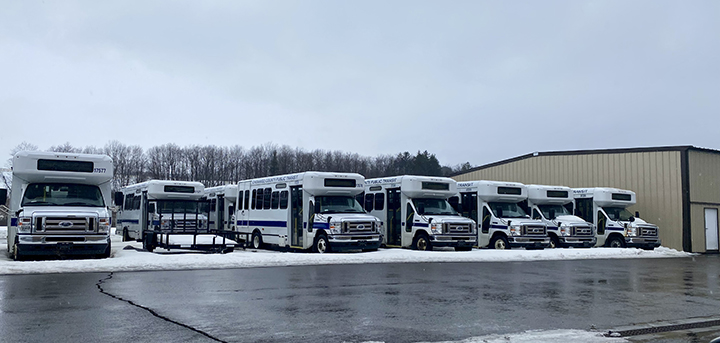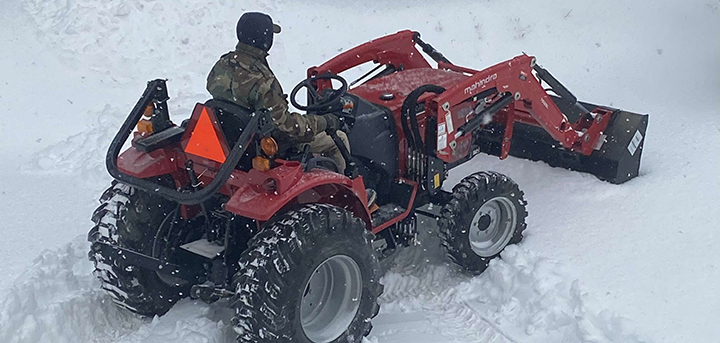Irene: Document damage, report to FSA
NORWICH – Hurricane Irene left New York’s farm fields submerged in water, leveled crops and caused power outages that left dairy farmers unable to milk their cows. But Chenango County’s farms were, for the most part, spared.
“We don’t know the extent of it yet, but we definitely didn’t get it as bad as some of our neighboring counties,” said Brian T. Sheridan, executive director, of Chenango County’s branch of the USDA Farm Service Agency.
Some crop damage, such as fruits and vegetables, will be more immediately evident than others like corn or forage crops which may partially recover from the hurricane, experts say.
Broome, Otsego and Delaware counties are among the numerous New York areas included in a disaster declaration request initiated early this week by U.S. Senators Charles E. Schumer and Kirsten Gillibrand.
The disaster status declaration is needed for farms affected to access the disaster assistance program from FSA, the Federal Emergency Management Agency or the Small Business Administration.
Sheridan said he was uncertain which federal and state assistance programs will eventually roll out, but since Chenango County borders counties named in the status request, producers who have crop insurance should contact their agents to report crop losses for insured crops.
In general, FSA provides emergency loans to help producers recover from production and physical losses due to drought, flooding or other natural disasters.









Comments